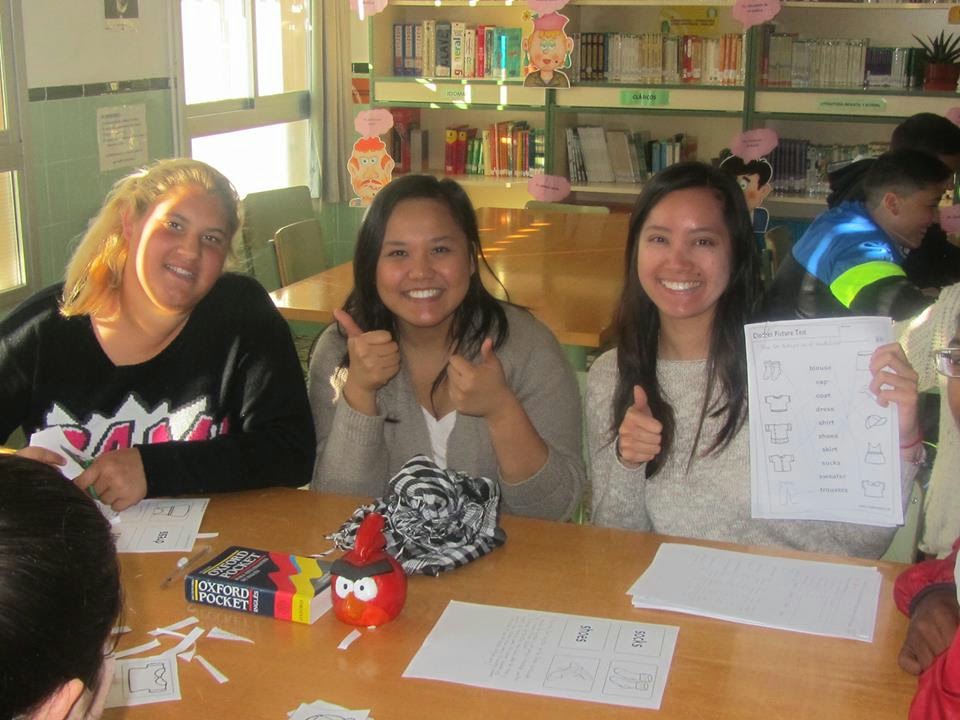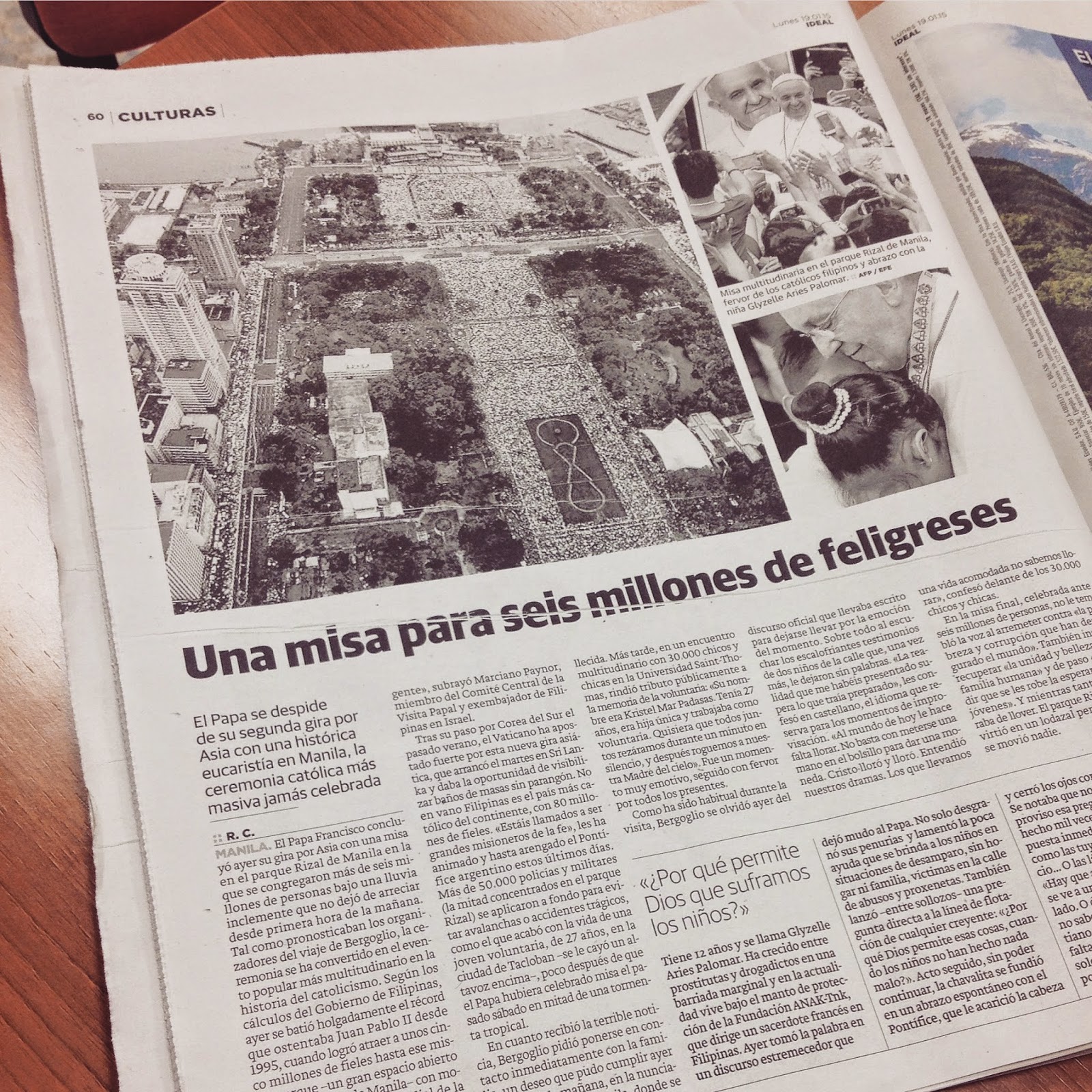Life in Valladolid

For my second time around doing the auxiliar de conversación program, I opted for a change of scenery. I lived in the north (Pamplona) back in 2008, and then in the south (Granada) last school year, so I went for something more central this time around. I originally wanted Madrid, but Filipinos aren't allowed to choose Madrid for the program, so I chose the next nearby thing: Castilla y León . Time rolled by and the next thing I knew I was assigned to Valladolid . My school is actually in Arroyo de la Encomienda , another city, but still in the Valladolid province. But it's very close to Valladolid city, a mere 8km away, or a 15 minute bus ride. There isn't much in Arroyo, so I chose to live in Valladolid, and make the commute everyday (the bus is €1,40 one way, which isn't too bad). Life in Valladolid is quiet and simple. It's a decent sized city, good for comfortable living, but there's not much to do . It has its fair share of shops, bars, restaurants, a...






